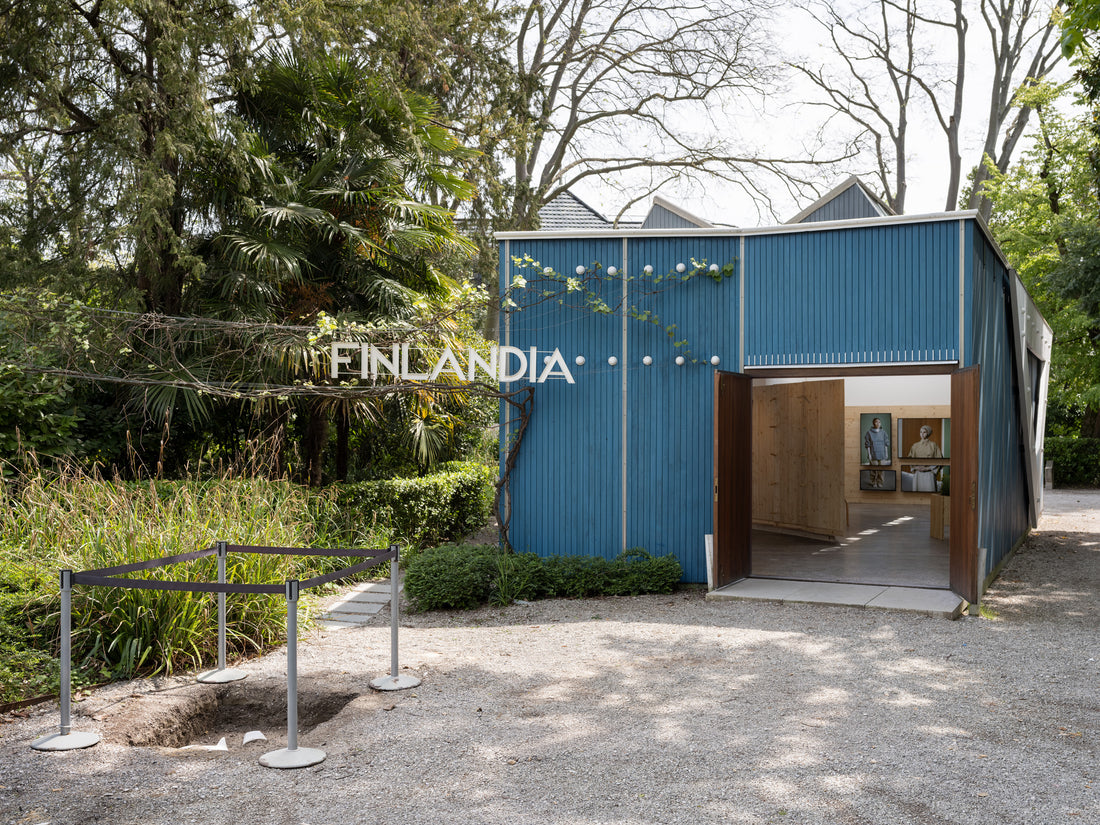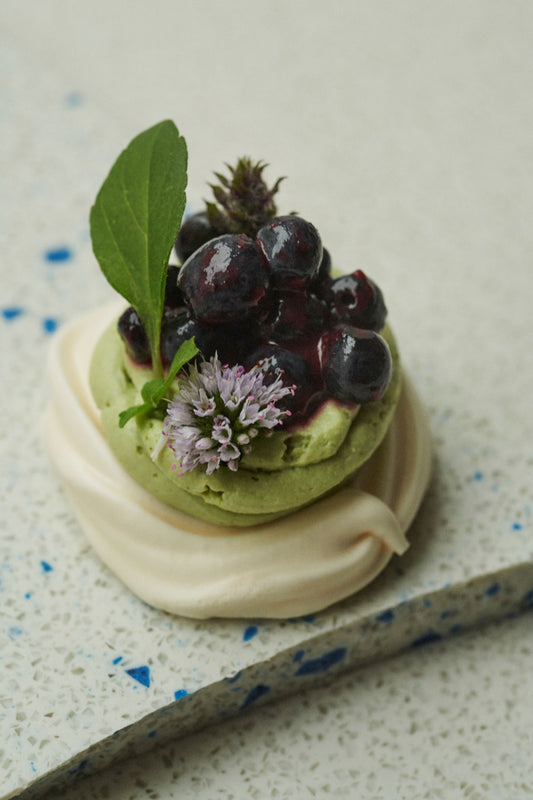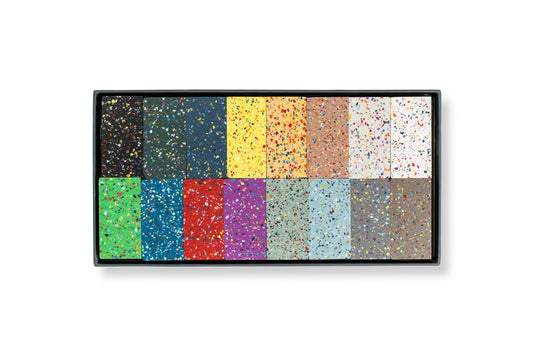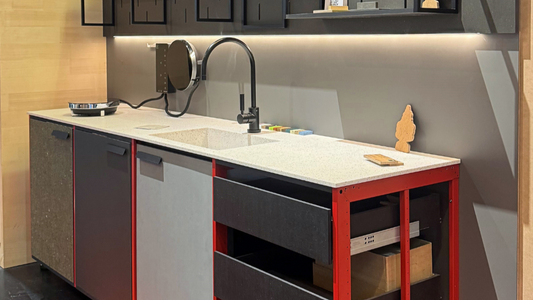Durat - made of recycled plastic in the core of the exhibition
The Pavilion of Finland at the 18th International Venice Architecture Biennale declares the death of the flushing toilet as we know it. Finland’s exhibition aims to raise awareness and create dialogue about the importance of reinventing sanitation infrastructure to serve the world as it is today.
Freshwater scarcity and the overuse of synthetic fertilizers are at the centre of urgent, global economic and ecological challenges that include water and food security, climate change and ecosystem collapse. The Dry Collective, a group of architects, designers and artists led by project curator Arja Renell, will use Finland’s participation at the Venice Biennale to declare the death of the flushing toilet as we know it.
The exhibition uses the “Huussi” – a traditional composting toilet commonly used by Finns in rural settings and holiday homes – as the starting point for conversations about the subject of how we treat our waste in the context of the climate crisis. In developed economies, 30% of domestic water use is used for flushing toilets.
In Finland’s Alvar Aalto-designed pavilion, the current situation will be re-examined through an imagined documentary film set in the year 2043, which looks back on the future history of sanitation. With the help of time travel and subtle humour, the exhibition will present the absurdity of our current overuse of water and fertilizers.
Installations, including the display of a composting toilet at the centre of the pavilion will present the possibility of transforming our resource-intensive systems of water and fertilizer use into a low-input and sustainable circular process based on composting.
The design team chose recyclable Durat made of recycled plastic as the material for the toilet seat and hand basin. Recyclable Durat is excellently suitable for use in toilet. It is warm and silky to touch. With its dense, seamless surface structure and high durability, Durat is hygienic and very easy to keep clean.


On behalf of The Dry Collective, curator Arja Renell said: “The world can’t afford to continue to waste scarce drinking water, to pollute rivers and oceans with biohazardous waste, and to keep producing extractive artificial fertilizers that flood the ecosystem with nitrogen and phosphorous. The familiar Finnish composting toilet, “huussi” as we call it Finnish, is a good starting point for the discussion on the need for change.”
“Architects have a tradition of addressing issues of public and environmental interest and using their creativity to make a better world. Huussi inspires and invites all professionals to start looking for alternative solutions which would better serve the world we inhabit today.”
Huussi – Imagining the future history of sanitation is commissioned and produced by Archinfo – Information Centre for Finnish Architecture, and realised by The Dry Collective, a group made up of: Artist and architect, Arja Renell (curator); Eero Renell, partner of von Boehm – Renell Architects; Emmi Keskisarja and Janne Teräsvirta, the founders of e&j Architects; Antero Jokinen, an independent designer, writer and creative director; and Barbara Motta, an architect based in Udine near Venice.
The main funder of the exhibition is the Ministry of Education and Culture, Finland. The main supporter of the exhibition is The Finnish Cultural Foundation Additional supporters are LAB Institute of Design and Fine Arts, Durat, City of Helsinki, Biolan, Fiskars, Artek, Helsinki Distilling Company, Stora Enso and the Embassy of Finland in Rome.
Huussi – Imagining the future history of sanitation is presented in the Alvar Aalto-designed pavilion of Finland in the Giardini, Venice. The 18th International Architecture Exhibition of La Biennale di Venezia will be open from 20 May to 26 November 2023.








